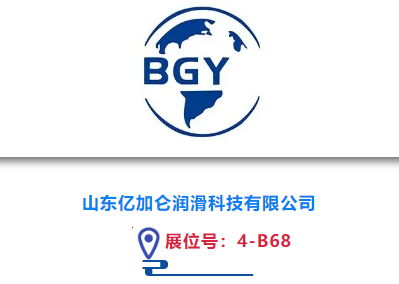The Competition and Markets Authority (CMA) has launched a study of domestic heat networks that will consider potential regulatory reforms for use of the technology, which is seen as an important part of government’s low carbon plans.
Over the next 12 months, the study will look at several key areas such as customer awareness of the costs of using heat networks before and after moving into a property, and if the technology creates a natural monopoly.
Other key themes that the CMA will consider will be the possible impact of separate incentives for builders, customers and heat network operators to use the technology, as well as considering service quality and the over reliability of the technology.
Heat networks are expected to be a core component of government aims to reduce carbon emissions and cut heating bills as set out earlier this year in its Clean Growth Plan. The strategy is also expected to help tackle concerns around fuel poverty.
The CMA claimed that with the number of customers using heat networks expected to rise to 20 per cent of UK households by 2030, there was a need to consider legal requirements of the technology.
Concern was noted that customers presently reliant on heat networks – a majority of whom live in social housing – may find themselves unable to switch suppliers even in cases where they are paying too much or receiving poor quality heating services.
The authority said in a statement, “Whilst heat networks may have these wider benefits, the sector is not currently subject to the same regulation as other forms of energy supply such as mains gas and electricity.”
Stakeholders and other interested parties will now have until January 12 to provide feedback on the proposed study and whether they would welcome a formal market investigation reference in order to enact market reforms.
The study is expected to be complete with 12 months, with initial findings expected to be presented by the CMA within six months. This could potentially include calls for immediate action on issues raised if they are deemed significant.
CMA chief executive Dr Andrea Coscelli said that the study reflected the potential of heat networks to improve the carbon foot print and cost of heating in the UK.
He said, “However, we have concerns that this sector may not be working as well as it could be for the half a million homes heated by these systems now and the millions that may be connected in the future.”
“That is why we’re taking a closer look at this market to ensure that heat network customers get a good deal on their energy now and in the future.”





















